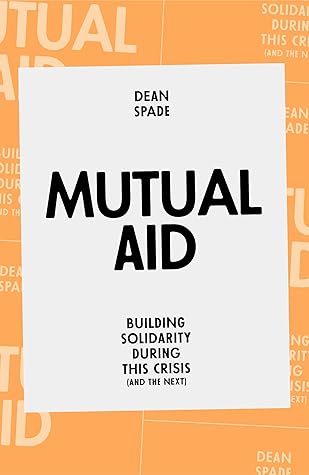More on this book
Community
Kindle Notes & Highlights
by
Dean Spade
Read between
November 25, 2020 - January 27, 2021
Solidarity is what builds and connects large-scale movements. In the context of professionalized nonprofit organizations, groups are urged to be single-issue oriented, framing their message around “deserving” people within the population they serve, and using tactics palatable to elites. Prison-oriented groups are supposed to fight only for “the innocent” or “the nonviolent,” for example, and to do their work by lobbying politicians about how some people—not all people—don’t belong in prison. This is the opposite of solidarity, because it means the most vulnerable people are left behind: those
...more
Most people have never been to a meeting where there was not a boss or authority figure with decision-making power. Most people work or go to school inside hierarchies where disobedience leads to punishment or exclusion. We bring our learned practices of hierarchy with us even when no paycheck or punishment enforces our participation, so even in volunteer groups we often find ourselves in conflicts stemming from learned dominance behaviors.
Elite solutions to poverty are always about managing poor people and never about redistributing wealth.
We argue that all the aspects of our lives—where and how we live and work, eat, entertain ourselves, get around, and get by are sites of injustice and potential resistance.
Social media has encouraged our individualism and has enhanced the desire to “brand” ourselves as radical or as having the “right” politics. It is in the interest of corporations like Facebook and Twitter that we spend as much time as possible creating free content for them, and that we feel compelled to get approval on their platforms. All of this can motivate us to want to be perceived to be doing things, rather than actually doing them.


